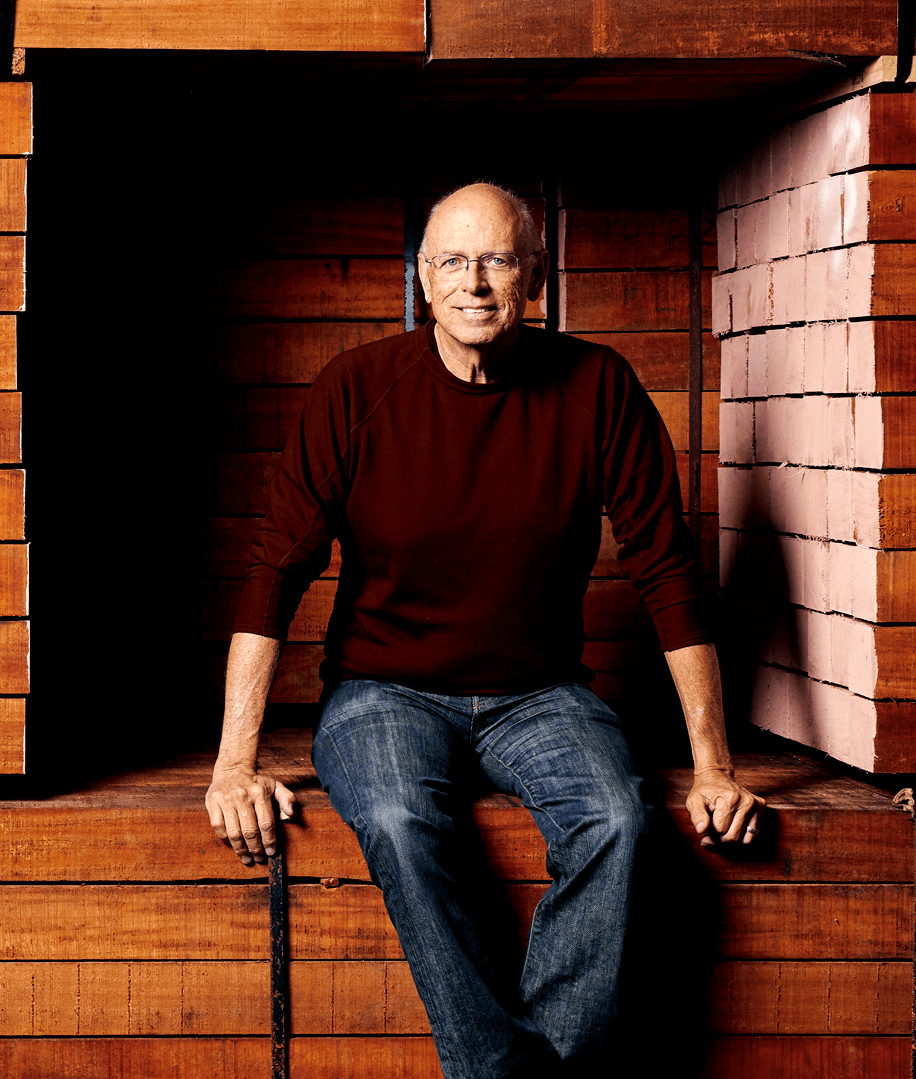As usual, there are a lot of projects happening at Taylor Guitars these days. First of all, we’re months into our new ESOP with 100% employee ownership. What I love about this is all the conversations I’ve been having with people in the hallways and at workbenches. It’s abundantly clear to me that when people feel like they can get ahead financially in their lives, they take a greater interest in the topic and begin to change their habits. There are so many questions coming my way about saving for retirement, saving in general, investing and thinking more purposefully about a personal contribution to the success of Taylor in the daily actions one takes. It’s a powerful yet subtle shift in interest, because our employees had already acted as though Taylor Guitars was theirs. But now it is, and that’s better. We started our ESOP with healthy equity in the company, so people saw a nice amount of money in their accounts with the first statement. What a way to spark more personal, individual interest in being a solid business that serves customers well, through operational excellence, for the benefit of all.
In this issue, our cover story talks about pearly inlays. You know, I’ve said over the years that my guitar-building career is being lived during a big transition period when it comes to natural materials. Things are now changing from what they were forever before to what they will be for a long time to come. Living through the change is more difficult than living before or after the change. But I always say, “Invest in the inevitable.” There’s no point denying what’s inevitable.
There will certainly be less old-growth wood available to make guitars, perhaps less abalone too, and fewer chemicals that work well but are dangerous. One thing to note is that the future of mother-of-pearl is more promising than abalone since a lot of oysters are basically farmed and grow large as they’re carefully tended in pearl-producing beds. On the other hand, the abalone traditionally used for shell is collected in the wild for its meat; the shell is a byproduct used for inlay. These are mature abalone with fully calcified outer shells. The meat from farmed abalone matures far sooner than the outer shell calcifies, so those shells are not useful for inlay. The good news is that scientists are starting to take farm-raised abalone and outplant them, carefully placing juveniles into natural environments, where they can grow to maturity and hopefully help the species recover.
We’ll continue to make great guitars, even if our materials change slightly.
Bob Taylor
Fortunately, we have many ways to decorate guitars, and we love doing that, and you seem to love owning them. One day, you’ll also love guitars with four-piece spruce tops, which you may not even notice because we’ll do a good job with them, but they’re coming our way. As I write this, changes are happening where spruce grows in Western Canada and the U.S. People are finally coming to terms with the fact that you can’t cut all the available old-growth wood. Some, yes. All, no. This is actually a step forward from the days when mankind stopped cutting big trees only after the last one was cut. Now I see them hitting the brakes before it’s too late, and I say “bravo” to that. We can adjust. We’ll go with it. You’ll go with it. Like my friend Eric Warner of Pacific Rim Tonewoods likes to say, “Adapt, migrate or die.” He’s right, and we’ll adapt and continue to make great guitars, even if our materials change slightly.
I’m very involved with Scott Paul in all our environmental programs. And I’m happy to say they keep growing. Here’s a tip: If you want a guy to help you get more and more involved in developing projects like these, just hire a former Greenpeace hippie and then let them work. All I have to do is say, “You know, I’ve been thinking…” and Scott’s off and running. He’s on it! It’s his nature and profession. I hope you enjoy his updates this issue.
Finally, I’d like to wish a sincere happy 20th anniversary to my dear friends, suppliers, colleagues and partners at Madinter. As you may know, together we co-own the Crelicam sawmill in Cameroon. We’ve worked together very closely for the past ten years (our tenth anniversary is November, 2021). If you live in the U.S., you may not know about Madinter, but go to Madinter.com and check them out. They serve guitar makers across all of Europe, and especially Spain. You can’t believe how many guitar builders there are in Spain. It’s the best! I mean, everyone there knows a guitar builder, which isn’t the case here in the States. You should visit sometime. Vidal, Luisa, Jorge, it’s a pleasure for me to have had all these years working together with you. Happy Anniversary!
